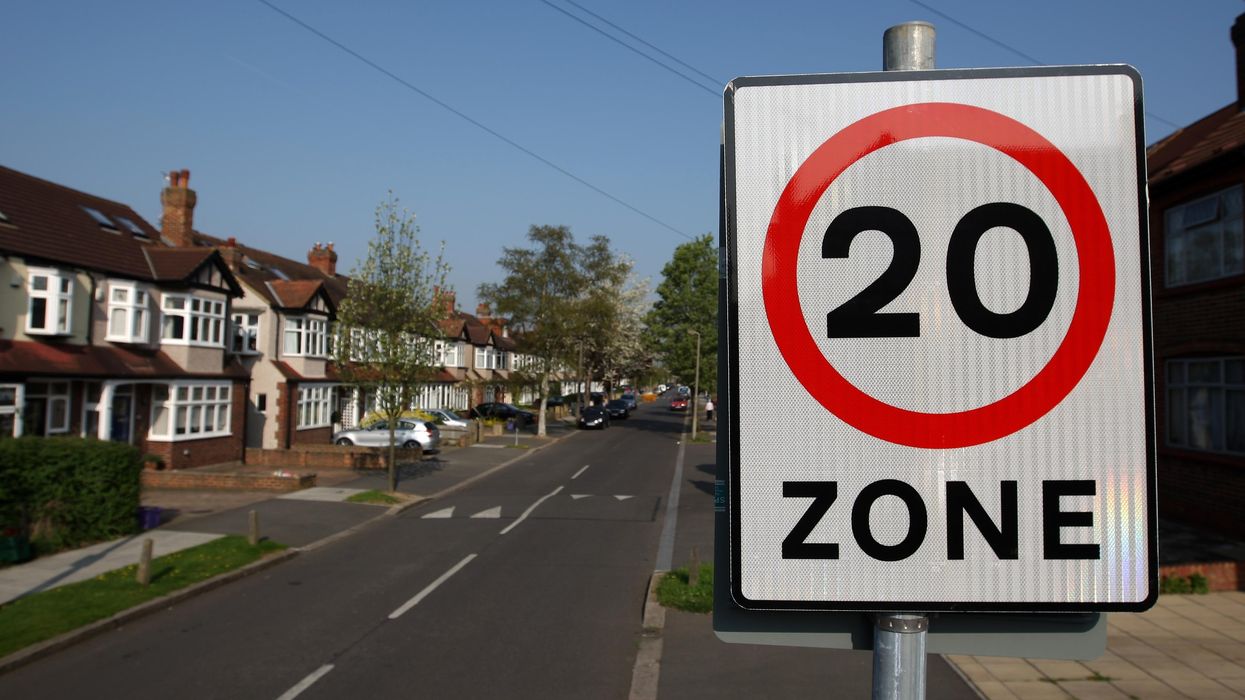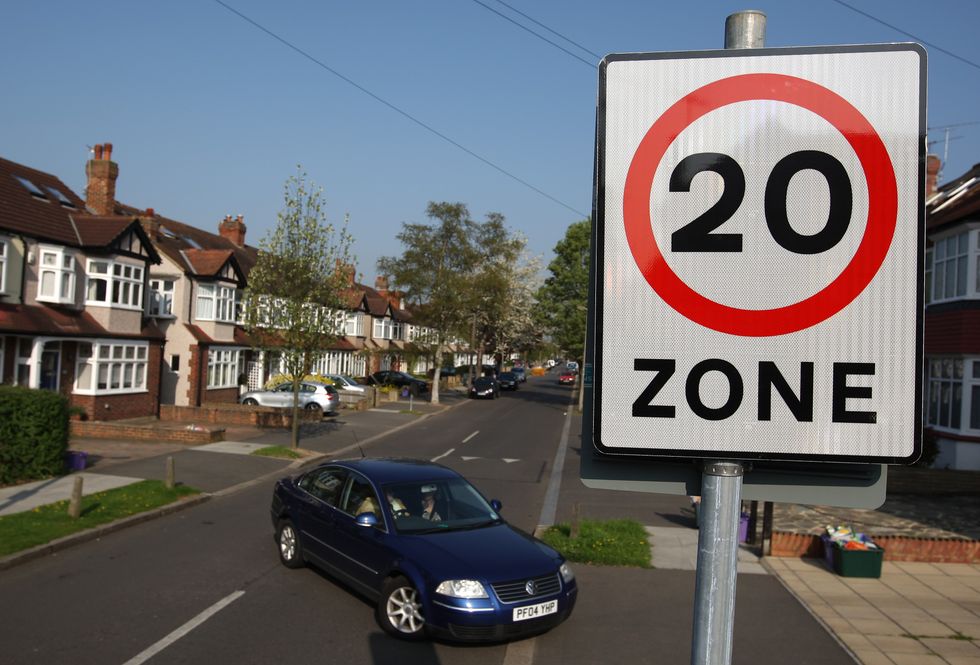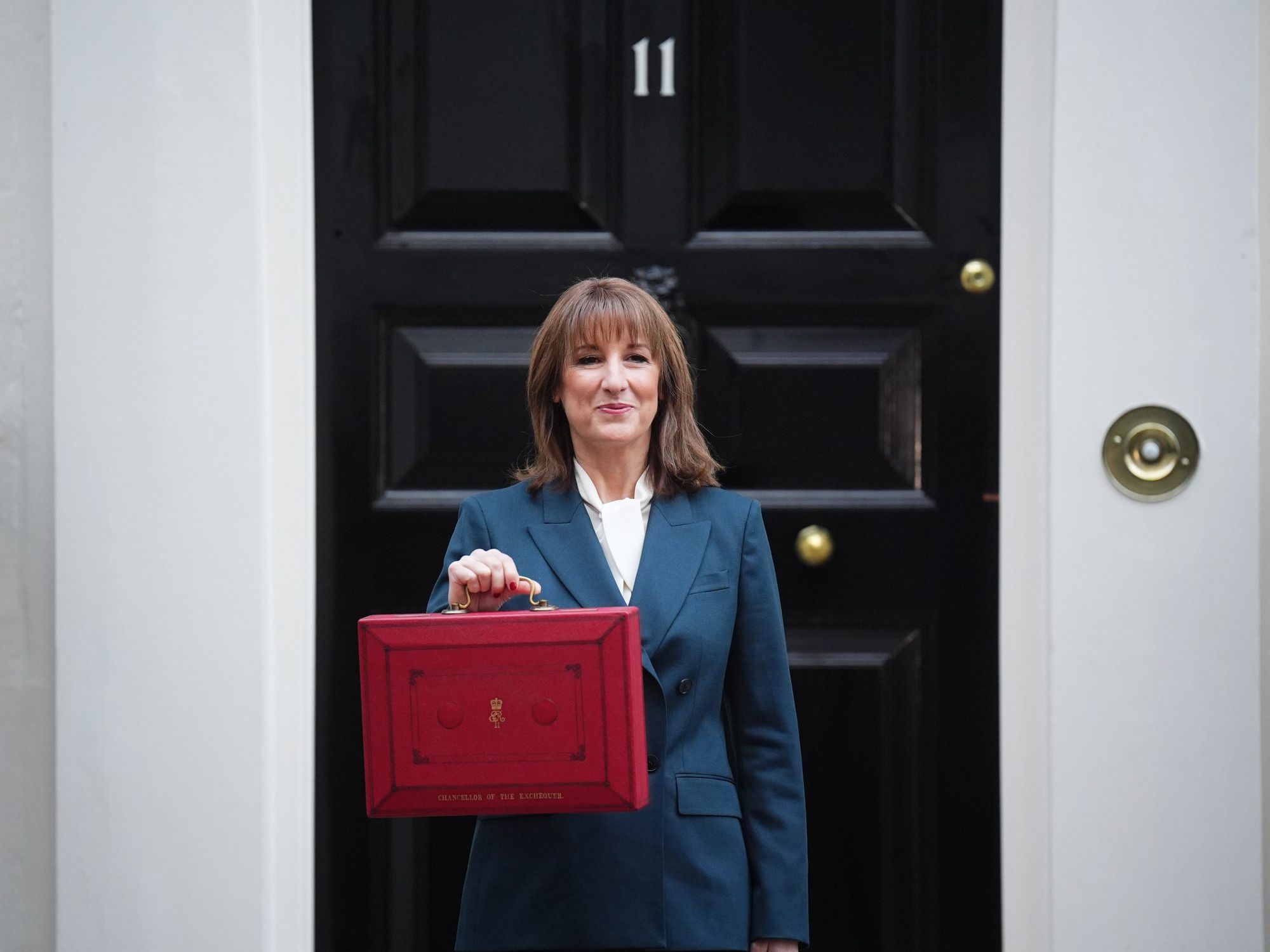Police admit most 20mph speed zones CANNOT be enforced and are only 'advisory'

A police chief has admitted that 20mph speed zones are usually 'advisory'
|PA

A third of local authorities have rolled out 20mph measures in recent years
Don't Miss
Most Read
Latest
A police chief has admitted that 20mph speed zones are usually “advisory” and many cannot be enforced.
Giles Orpen-Smellie, Conservative Police and Crime Commissioner for Norfolk, made the comments at a public meeting.
He said: “It’s extremely difficult for police to prosecute... if it goes in front of magistrates they will throw it out.”
The remarks came in response to a question asked at a Norfolk County Council meeting called following distress among road safety organisations.

The remarks came in response to a question asked at a Norfolk County Council meeting
|PA
Liam Calvert, from the charity Living Streets, said he was “amazed” at the comment, adding: “I will be very keen to hear about the advice he has received from officers on the issue.”
Rod King, director of campaign group 20’s Plenty For Us, also dismissed the Conservative PCC’s claim as “absolute nonsense”.
Norfolk Constabulary also confirmed that it does not issue tickets for driving up to 30mph in 20mph areas.
A spokeswoman said: “A zone can be introduced by a local authority without any permissions being sought. However, this can create a significant issue for enforcement.
“If a zone is introduced without a traffic order (a legal document issued by the relevant highways authority) then the speed limit applicable will be 30mph.”
A statement added that police action “may be appropriate if there is clear evidence of significant non-compliance or injury collision”.
The force has issued just 38 tickets to drivers speeding in a 20mph zone since January 1 last year.
Research has shown that one in 40 pedestrians die when hit by a car going at 20mph, compared to one in five at 30mph.

Norfolk Constabulary has issued just 38 tickets to drivers speeding in a 20mph zone since January 1 last year
|PA
However, a four-year study commissioned by the Government in 2018 found that 20mph zones had failed to make roads safer.
Another study published in November last year also found they had “little impact” on crashes, casualties and driver speed.
The study by researchers from Queen's University Belfast, Edinburgh University and the University of Cambridge, looked at 76 streets and compared data collected from nearby streets where restrictions did not apply.
Analysis showed that when compared with sites that had retained speed limits, a 20 mph speed limit was linked with little change in short or long term outcomes.
Schemes to reduce road traffic speed in certain areas have become increasingly popular in the UK and parts of Europe in an attempt to improve safety.










